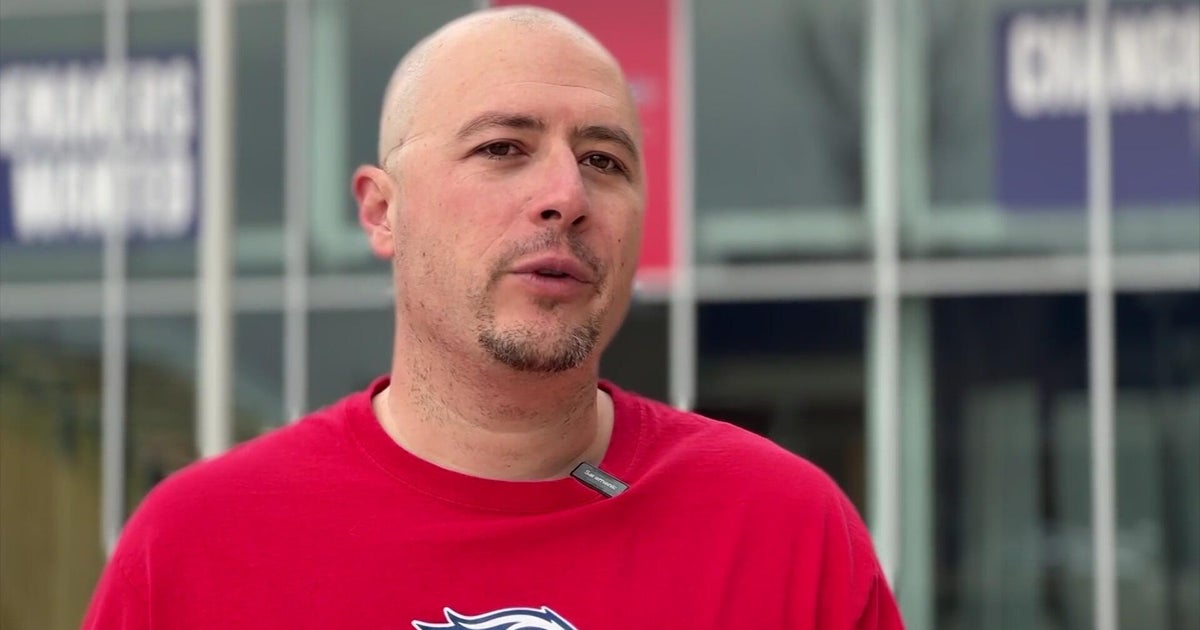When a sudden disability ends your income
Survivors of a sudden tragedy such as the recent mass shooting in Las Vegas face a struggle to heal and return to a new normal in their lives. Because of their injuries, some will face significant medical bills and be unable to return to work.
Health insurance covers emergency medical and hospitalization costs. But what do you do when you can no longer work but still need an income to live? This is why having adequate disability insurance is important -- it can be more important than life insurance. That's because a disability affects your ability to earn an income at a time when your medical expenses can increase considerably.
Many employers offer some form of disability insurance to their workers, which is optional, so employees must enroll and pay for it through a payroll deduction. You'll know you have it if you see a three-letter code "LTD" on your pay stub next to the deduction.
But many employees go without it. Even though more employers are offering long-term disability insurance as a benefit, the number of employees insured is dropping. Approximately 213,000 employers offer disability insurance as a voluntary benefit, and employee enrollment is typically around 40 percent.
Why is it that more Americans have life insurance than disability insurance (about 70 percent versus 40 percent)? I think most people look at a disability as something that won't happen to them. Death is a certainty for everyone, but disability isn't.
Perhaps disability income insurance is just another insurance cost competing in a budget with other more urgent needs. Premiums, which can vary with age and the amount of coverage, can range from $500 to $2,500 a year.
Individuals facing a sudden and permanent disability, and with no disability insurance, have limited options. The most likely helpful program is Social Security Disability Insurance (SSDI), a federally run benefit that provides aid to people who can't work due to a permanent disabling condition.
Employers and workers pay for SSDI through the Social Security taxes paid on wages. Therefore, anyone who qualifies as disabled according the Social Security definition and who has paid Social Security taxes for a long-enough period to attain the necessary work credits can get SSDI payments.
To qualify as disabled, you must suffer from a condition that permanently prevents you from working, when the condition has lasted or is expected to last a minimum of 12 months and renders you unable to earn an income greater than $1,130 a month.
The work credit requirement is you must have earned wages and paid SSA taxes for a total of 40 quarters, 20 of which must have been in the 10 years prior to the onset of the disability. Typically, this means a person must have a reasonably consistent work history and have worked (and paid Social Security taxes) for a combined five of the 10 years prior to becoming disabled.
These requirements can be less for younger individuals because parents' work credits can be applied to applicants under age 22.
The amount of money paid under SSDI is unique for each person. That's because the Social Security Administration uses a complex weighted formula to calculate benefits.
The maximum benefit in 2017 is $2,687 a month. The specific SSDI benefit amount you'll receive will be based on your average lifetime earnings before your disability began. It isn't based on how severe your disability is or how much income you had.
Most SSDI recipients receive between $700 and $1,700 per month (the average for 2017 is $1,171). However, if you're receiving payments from other sources, such as government-regulated disability benefits, like workers' comp benefits or temporary state disability benefits, your SSDI benefits may be reduced. Benefits paid from private long-term disability insurance won't affect your SSDI benefit.
You should apply for SSDI benefits as soon as you're eligible. Because millions of Americans apply each year, and the Social Security Administration has limited resources, over 60 percent of first-time applications are denied. For this reason, it's often advised to hire a qualified Social Security attorney or advocate help handle your application and the potential appeals process.



